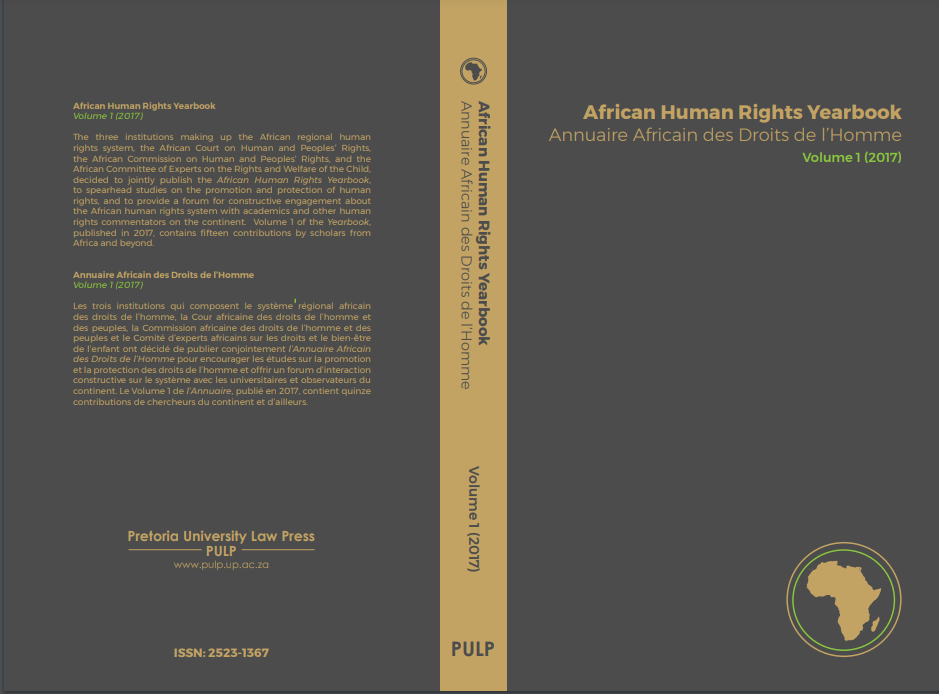The interpretation of the right to mental health in the Africa and American systems
.
DOI:
https://doi.org/10.29053/2523-1367/2018/v2n1a10Keywords:
right to health, mental health, African Commission, Inter-American CourtAbstract
ABSTRACT: The right to health is now justiciable in both the African and Inter-American human rights systems. In Africa, the right to mental health however is still not given priority, leaving persons with mental disabilities marginalised and discriminated against in the allocation of resources. The Lunatics Detention Act of The Gambia has not been amended to comply with the recommendations of the Commission on Human and Peoples’ Rights and this reflects how the state views the right to mental health and the weight it attaches to the Commission’s recommendations in the Purohit case. By comparison, when the Ximenes-Lopes case to the American system was still ongoing, the state had already started reforms and has since complied with all the recommendations. The African Commission held that mental health patients had a right to decide their treatment and viewed involuntary detention under mental health legislation as a violation of the right to liberty and security of the person and the prohibition against arbitrary detention. The Inter-American system held that the right to personal liberty established in article 7 of the American Convention on Human Rights also protects people with mental disabilities from institutionalisation. Based on the analysis of the two cases, the article concludes that there is a need for policy change and resource allocation for mental health patients by African states to ensure that they enjoy their right to health.
TITRE ET RÉSUMÉ EN FRANCAIS: L’interprétation du droit à la santé mentale dans les systèmes africain et américain de droits de l’homme
RÉSUMÉ: Le droit à la santé est désormais justiciable dans les systèmes africain et interaméricain des droits de l’homme. Cependant, ce droit n’est toujours pas une priorité en Afrique, laissant les personnes handicapées mentales marginalisées et discriminées dans l’allocation des ressources. La loi gambienne sur la détention des personnes handicapées mentales n’a pas été modifiée pour se conformer aux recommandations de la Commission africaine des droits de l’homme et des peuples. Cette absence de conformité aux recommandations reflète la manière dont l’État considère le droit à la santé mentale et la valeur qu’il accorde aux recommandations de la Commission africaine dans l’affaire purohit. Comparativement à l’affaire Purohit, l’Etat, alors que l’affaire Ximenes-Lopes dans le système américain était toujours pendante, avait déjà entamé des réformes et s’était depuis lors conformé à toutes les recommandations. Dans sa décision, la Commission africaine avait estimé que les patients souffrant de troubles mentaux avaient le droit de décider de leur traitement et considérait la détention involontaire au sens de la législation relative à la santé mentale comme une violation du droit à la liberté et à la sécurité de la personne et de l’interdiction de la détention arbitraire. Le système interaméricain a estimé que le droit à la liberté individuelle énoncé à l’article 7 de la Convention américaine relative aux droits de l’homme protège également les personnes handicapées mentales du placement en établissement. Sur la base de l’analyse des deux cas, l’article conclut qu’il est nécessaire que les États africains modifient leurs politiques et affectent des ressources aux patients atteints de maladies mentales, afin de leur assurer la jouissance de leur droit à la santé


